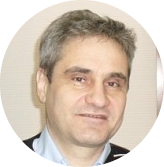Institute of Education and Social Sciences
Director of the Institute
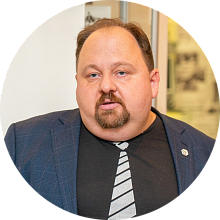
About the Institute
The Institute of Education and Social Sciences offers a wide range of educational programs for students who are interested in the humanities. The Institute presents such areas of study as philology, linguistics, journalism, advertising and public relations. Training is conducted by highly qualified professors, scientists and practitioners. Students have the opportunity to participate in research, attend master classes and practical training that contribute to the development of professional skills and experience in their chosen field. The Institute of Education and Social Sciences creates favorable conditions for the development of creative thinking and inspiration, and also helps students realize their potential and achieve career success. The Institute is a place where the past becomes the key to understanding the present, and the analysis of today's world creates a bridge to the prospects of the future.
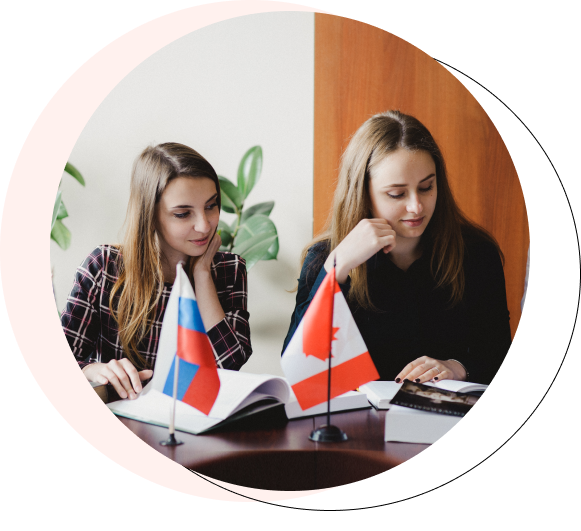
- Organisation of Social Work and Social Rehabilitation
- Primary Education
- Pedagogy and Psychology
- Journalism
- Philology
- Linguistics
- History
- International Relations and Foreign Policy
- Cultural Tourism and Excursion Activities
- Neuropedagogy
- Methods and Techniques of Clinical Psychology
- Psychological and Pedagogical Support in Education
- Journalism
- Philology
- Linguistics
- Sociology
- International Security
- History of Philosophy
- Pedagogical Psychology, Psychodiagnostics of Digital Educational Environments
- General Pedagogy, History of Pedagogy and Education
- Theory and Methodology of Teaching and Upbringing (Russian Language)
- Theory and Methodology of Teaching and Upbringing(Foreign Languages)
- Languages of the Peoples of Russia
- Theoretical, Applied and Comparative Linguistics
- General History
- Political Institutions, Processes, Technologies
- Sociology of Culture
Departments
Employees of the Department of Foreign Languages and Professional Translation and Interpretation translate lectures, laboratory, practical, seminar and other types of training sessions. They are also responsible for comprehensive methodological support of educational disciplines, including translation of textbooks, educational and methodological, test, and examination materials. The Department maintains close ties with the clinical and specialized departments of the Medical Institute, working together in terms of selecting material for speech professional communication and improving the quality of translation.
The Department of Foreign Languages actively participates in social and educational work; the Department employees carry out responsibilities as curators of groups of international students. The main task of curators is to adapt international students to the Russian-speaking environment. The teaching staff of the Department regularly organize and conduct sociocultural and language events for international students.
Key research areas:
- Modeling of the terminological system using modern techniques offered by the cognitive direction in linguistics.
- Research in the field of comparative aspects of translation.
- Methodology of special (medical) translation.
Events traditionally organized by the Department:
Educational and methodological seminar for translators and interpreters

The Department trains undergraduate students majoring in "Preschool Education", "Primary Education", master's degree students majoring in "Management of Educational Systems", PhD students majoring in "Theory and Methods of Teaching and Education". Students of the Department do practical training at the Ministry of Education and Science of the Tambov Region, the Education Committee of the Tambov City Administration; Department of Preschool Education of the Tambov City Administration; comprehensive schools and preschool educational institutions not only in Tambov and the Tambov region, but also in other regions.
Priority areas of activity:
- Methodological support of the educational process and practical application of modern educational technologies.
- Scientific and methodological support of innovative processes in the regional system of preschool and primary education in the context of modernization of education.
Key areas of research:
Problems of linguodidactic, literary and methodological training of teachers for teaching language, reading and literature to preschoolers and primary schoolchildren
Traditional events organized by the Department
- Annual All-Russian Scientific and Practical Conference “Preschool and Primary Education: Problems and Prospects”.
- Annual round table dedicated to Teacher’s Day, teacher dynasties, current problems of education.
- Competitions: essays about the profession of a primary school teacher, expressive reading, collective creative works of students and schoolchildren of hub schools.
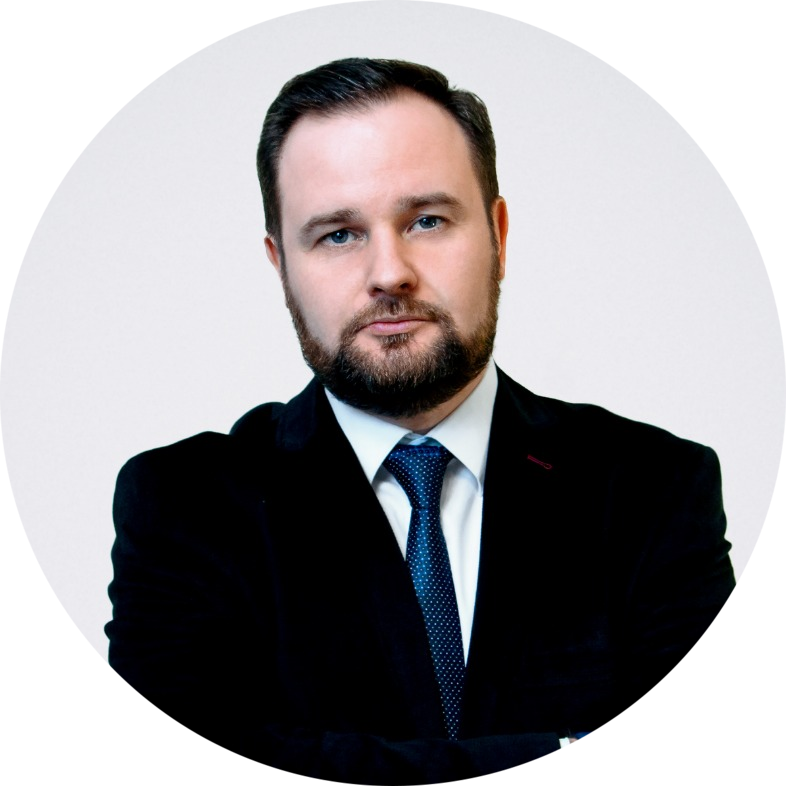
The Department of Social and Developmental Psychology trains undergraduate students in the field of “Pedagogy and Psychology” and master’s students in the fields of “Developmental Psychology”, “Psychological and Pedagogical Support in Education”, as well as PhD students in scientific specialties “Developmental Psychology” and “Educational Psychology, Psychodiagnostics of Digital Educational Environments." Students acquire and hone practical psychology skills during their practice at the Center for Psychological, Pedagogical, Medical and Social Assistance in Tambov.
The key areas of research of the Department staff are spirituality of an individual and society, psychological well-being of teachers, formation of professional motivational stability of young specialists and socio-psychological factors for retention of teachers in the profession.
Key areas of research at the Department:
- Spirituality of the individual and society.
- Social-dynamic approach to intra-group relations.
- Psychology of forced personal contacts.
- Psychology of influence.
- Intercultural communication, etc.
Traditional events organized by the Department
- International seminar of young scientists and graduate students.
- International Сonference “Dialogue: East-West”.
- April international seminar of young scientists and graduate students on the problems of modern theoretical and practical psychology.
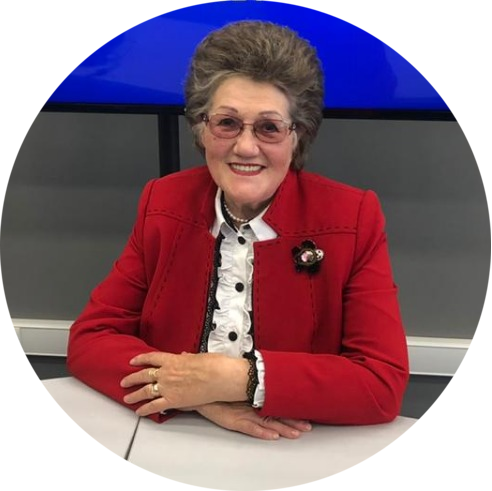
The Department trains master's degree students in the areas of study “Higher School Pedagogy”, “Neuropedagogy”, “Pedagogical Innovation”, PhD students in the area of study “General Pedagogy, History of Pedagogy and Education”. Professors of the Department teach such disciplines as “Pedagogy”, “Methods of Educational Work”, “Modern Educational
Technologies” to undergraduate students majoring in “Pedagogical Education”.
The teaching staff of the Department consists of highly qualified professors including Honorary Workers of Higher Professional Education of the Russian Federation Professor L.N. Makarova, Doctor of Pedagogical Sciences and Associate Professor Yu.P. Prokudin, Ph.D. in Pedagogy, Professor I.A. Sharshov, Honorary Worker of Education of the Russian Federation, Doctor of Pedagogical Sciences, and others. They have extensive experience in scientific and pedagogical activities. They are also developers of original courses on modern problems of innovative pedagogy. The Department professors are registered in the Federal Register of Experts in the Scientific and Technical Field and regularly conduct examinations of scientific projects at the Research Institute of the Republican Research Scientific Consulting Center for Expertise.
The research team of the Department is working on the topic “Problems of developing professionalism of subjects of the educational process in the system of continuous education”. The research is being carried out in the field of professional and creative self-development of teachers and students, the development of individuality, critical thinking and methodological competence of a higher school professor. Another important area of research is the formation of information immunity of young people to negative phenomena of Internet socialization.
Key areas of research:
- Problems of development of professionalism of subjects of the educational process in the system of lifelong education.
- Professional and creative self-development of personality.
- Innovation processes in modern educational systems.
Traditional events organized by the Department
- International Scientific and Practical Conference “Personal and Professional Development of a Prospective Specialist” (held annually since 2004).
- All-Russian Scientific and Practical Conference “Higher School Professors: Traditions, Problems, Prospects” (held annually since 2009).
- Regional Annual Conference of Schoolchildren’s Research Works “The Facets of Creativity” (psychological and pedagogical areas of study).
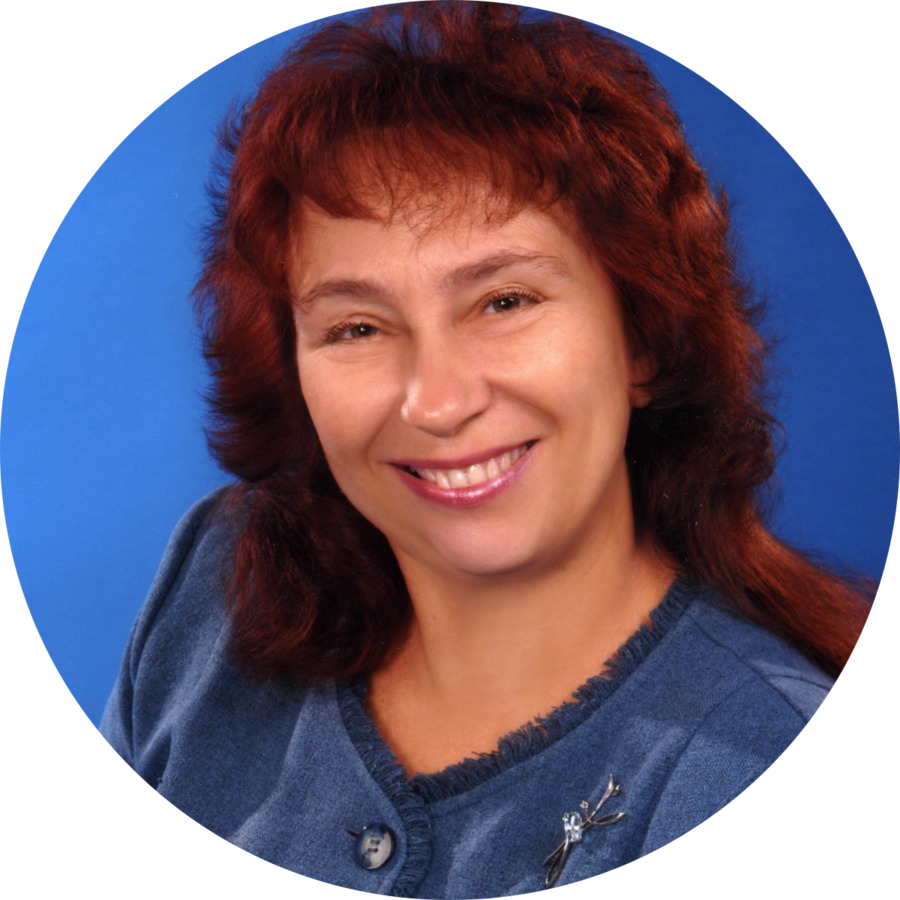
The Department trains students in bachelor’s degree programs 03.02 Linguistics, major “Theory and methods of teaching foreign languages and cultures (English and French)”; 03.01 Pedagogical education, major “English language”; master’s degree programs 04.02 Linguistics, major "Applied linguistics and linguodidactics", as well as PhD program 8.2 "Theory and methodology of teaching and education (foreign languages)".
Key areas of research:
- Methods of teaching foreign languages in an intercultural space based on ICT: language multicultural education; American Studies.
- Applied linguistics: profile-oriented teaching of English language and culture; language testing; intercultural communication.
Events traditionally organized by the Department:
- Twice a year, the Department organizes an international school-seminar on linguistics, which is conducted by Doctor of Pedagogy, Professor P.J. Mitchell (Great Britain).
- It has become a tradition to hold Science Day, an annual student scientific conference as part of the Derzhavin Readings.
- Scientific and methodological seminars and master classes are regularly organized for linguists and foreign language teachers in the city and region.
- Open Days are held for high school students and their parents.
- The celebration of the European Day of Languages in September and the organization of the Christmas Festival in English and Francophonie Days in French have become popular among students.
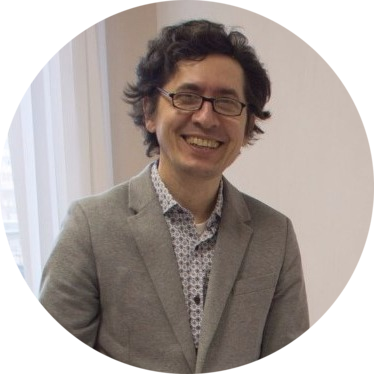
The Department of Journalism, Advertising and Public Relations provides scientific and methodological support for the educational process under bachelor’s degree programs 42.03.02 “Journalism” and 42.03.01 “Advertising and Public Relations”, master’s degree programs 42.04.02 “Journalism of the Digital Environment” and 42.04 .01 “Digital Technologies in Advertising and Public Relations”, PhD program in “Journalism”.
Key areas of research:
- Functioning of regional media: problems and ways to solve them.
Events traditionally organized by the Department:
- International Scientific and Practical Conference “Journalism in the Era of Digital Transformations: Values and Practices”.
- All-Russian Scientific and Practical Conference “Regional Journalism: from History to Present Time”.
- Advertising Week.
- Master classes “Media Personality” and “Media Class”.
- School media competition.
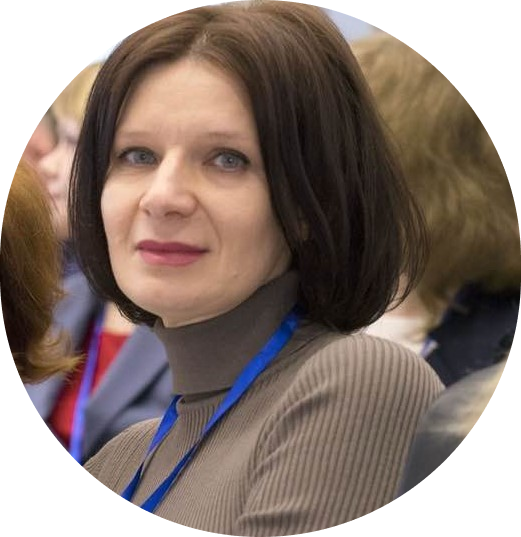
Currently, it is a graduate Department in the fields of study 45.03.01 Philology. “Russian Philology (Russian Language and Literature)”, 45.04.01 Philology (master’s programs “Russian Language and Literature in the Context of National Culture”, “Electronic Resources: Creation of Text Content”). The Department trains PhD students in the field of study 45.06.01 “Linguistics and Literary Studies” (majors “Russian Literature” and “Literature of the Peoples of Foreign Countries).
The Department runs the “Twilight of Idols” and “Jumanji” clubs. There is a public organization “Tambov Regional Philological Society”, an all-Russian scientific and information-analytical journal “Philological Regionalism” is published.
The Department offers Czech and Polish language courses.
Key areas of research:
- Research of Russian literature in the national cultural context.
- Foreign literature in the context of culture.
- Philological regional studies.
Events traditionally organized by the Department:
- International Scientific Conference “Slavic World: Spiritual Traditions and Literature”.
- Aseev International Scientific Conference “Russian Émigré Community as a Regional Phenomenon”.
- International Congress of Literary Critics.
- Regional Seminar of Literature Teachers “Organization of Research Activities of Students in the Format of Individual Curricula”.
- Regional Essay Competition “Through the Pages of Foreign Literature”.
- Regional Competition of Creative Works “I am forever in love with literature...”.
- Meetings of the student discussion club “If Rated Objectively”.
- Regional Festival “Christmas is a Holiday for All People”.
- Traditional holiday for high school and university students “Christmas in Dickens Russian House”.
- Lyceum Day.
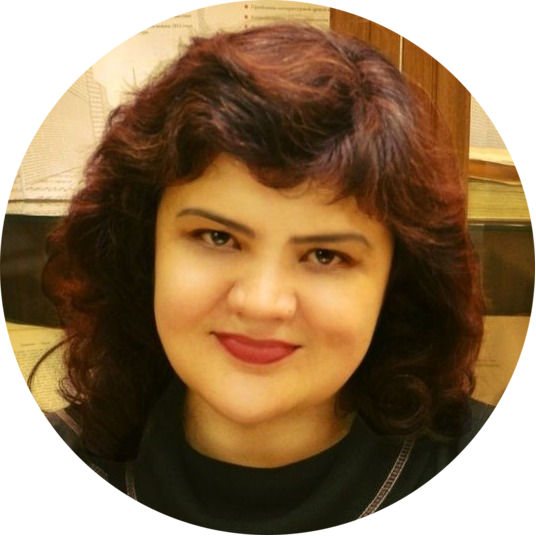
The Department has laid the foundations for educational and methodological work with foreign students: programs of academic disciplines have been developed, and the necessary fund of educational and methodological literature has been formed. Educational and methodological manuals for teachers of the Department are actively published, including “Linguoculturology” (2015), “Training foreign medical students of communication in the professional field” (2017), “Russian studies” (2017), “About Russia in Russian” (2020). A great contribution was made to the development of distance forms of teaching Russian. Such courses as “Russian language. Entry level" (2017), "Russian language in medicine" (2018) were developed on the Moodle LMS platform. In 2022, with the support of the Russkiy Mir Foundation (Russian World Foundation), the digital educational environment “Russian Language. Beginning" for Arabic-speaking students was developed.
Since 2014, members of the Department have implemented a number of large-scale international projects abroad. Among the most important achievements in this area, it is worth mentioning scientific and methodological seminars in Russian schools and Centers of Russian Culture in Poland, Hungary, Holland and Switzerland (2014), Italy (2015 and 2018), Luxembourg (2016) with financial support from the Ministry of Education of the Russian Federation and the Federal Agency "Rossotrudnichestvo". Much attention is paid to popularizing the Russian language and culture abroad, therefore the teaching staff of the Department takes an active part in developing a substantive concept and carrying out major international projects of the university, supported by the Ministry of Education of the Russian Federation: “Russian Language: Erasing Borders” (2020) and “Through Language to the Origins of the Russian Soul" (2021), which included more than 700 participants from near and far-abroad countries.
Key areas of research:
- Current issues of the theory and methodology of teaching Russian as a foreign language; study of the structure, content, organization of the learning process for foreign students in the humanities in the conditions of integration of Russian higher education into the global educational, information and communication space.
- Functional and semantic description of modern Russian as a foreign language, study of communicative aspects of vocabulary and grammar, functional styles (primarily scientific style), development of a typology of texts.
- Linguodidactic foundations for teaching the Russian language as a means of business communication.
- Theoretical justification and practical implementation of new teaching technologies, theoretical problems of organizing distance learning of Russian as a foreign language, creation of computer teaching aids.
- Research into problems of intercultural communication.
Events traditionally organized by the Department:
- International Scientific Conference “Language, Culture and Professional Communication in Modern Society”.
- Scientific and Methodological Seminar “Innovations in Methods of Teaching Russian as a Foreign Language in Respect of the Aspect of Digital Humanities”.
- Scientific and Methodological Seminar “Teaching Russian as a Foreign Language: Issues of Theory and Practice”.
- educational and methodological seminars on methods of teaching the Russian language for Russian schools abroad.
- Olympiad in Russian as a Foreign Language.
- Festival “Such Different Pushkin”.
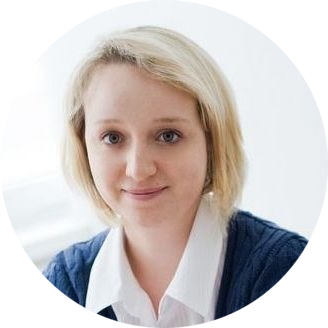
The teaching staff of the Department provides professional and research training in the following areas: “Russian Philology (Russian Language and Literature)” – bachelor’s degree program; “Russian Language and Intercultural Communication” (double degree program in cooperation with the Binhai Institute of Foreign Affairs at the Tianjin University of Foreign Studies, China, Tianjin) – bachelor’s degree program; “Pedagogical Education (Russian Language and Literature)” – bachelor’s degree program; “Russian Language in Respect of the Aspect of Modern Scientific Paradigms” – master’s degree program; "Russian Language. Languages of the Peoples of Russia” – PhD program.
The Russian Language Department actively participates in the linguistic life of the city of Tambov. Since 2015, it has been conducting “Russian on Thursdays” classes to prepare everyone who wants to participate in the Total Dictation and serves as the operator of the virtual specialized reference service “Russian Language” at Tambov Regional Universal Scientific Library named after A.S. Pushkin.
Participation of professors and students in the All-Russian program “Lexical Atlas of Russian Folk Dialects”, which is carried out within the framework of an agreement between the Institute of Linguistic Research of the Russian Academy of Sciences and Derzhavin University, is of particular importance in the work of the Department. Program participants are engaged in collecting regional material and creating original concepts for various types of linguistic maps. The Institute of Linguistic Research of the Russian Academy of Sciences (St. Petersburg) hosts traditional on-site dialectological practice for philology students.
Key areas of research:
- Regional Onomastics.
- Modern Russian dialects in the system of linguistic culture.
Events traditionally organized by the Department:
- International Scientific Conference “Ecology of Language and Speech”.
- Regional Scientific and Methodological Seminar for Literature Teachers and Students “Innovative Technologies in Education: Traditions and Prospects”.
- Scientific and Practical Conference of Young Scientists “Russian Dialects as a Variety of the National Language”.
- International Mother Language Day.
- International Literacy Day.
- Russian Language Day.
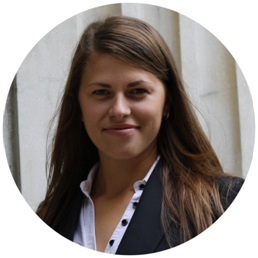
The Department trains undergraduate and graduate students in the areas of study “Philology” and “Linguistics”, PhD students in the areas of study “Languages of the peoples of foreign countries (Germanic languages)” and “Theoretical, applied and comparative linguistics”.
The Department carries out scientific research in the field of cognitive linguistics. The work is carried out by scientists from the scientific school “Cognitive Linguistics. Interaction of Mental and Linguistic Structures”, founded by Professor Nikolai Nikolaevich Boldyrev, Honored Scientist of the Russian Federation, Doctor of Philology. An important component of the research program of the scientific school is the construction of a general theory of linguistic representation of knowledge based on the study of cognitive structures associated with human interpretative activity.
Students who are interested in science can attend 7 scientific clubs: “Problems of interpretation of linguistic and cultural knowledge”, “Interpretive functions of lexical units”, “Problems of categorization and conceptualization of the world in vocabulary” and others. Students present the results of their research at annual conferences.
There are 6 student social and educational associations functioning at the Department: Friends of Germany Club, Cheshire Cat, Cultural Club and others.
Key areas of research:
- Cognitive linguistics. Interaction of mental and linguistic structures.
- Interaction of language and culture: problems of linguoculturology and pragmalinguistics.
Events traditionally organized by the Department:
- International Roundtable Discussion “Scientific and Educational Activities within the Framework of the Dialogue of Cultures “Russia - Germany””.
- Congress on Cognitive Linguistics.
- Meeting of the Scientific School “Cognitive Linguistics. Interaction of Mental and Linguistic Structures".
- International Scientific Conference “Culture in the Mirror of Language and Literature”.
- Days of German Culture.
- Regional scientific and methodological seminar for teachers of the German language of schools and universities “German as a Second Foreign Language: Teaching Methods” with the participation of an animator from the Goethe Institute.
- Shakespeare Festival.
- Christmas Festival.
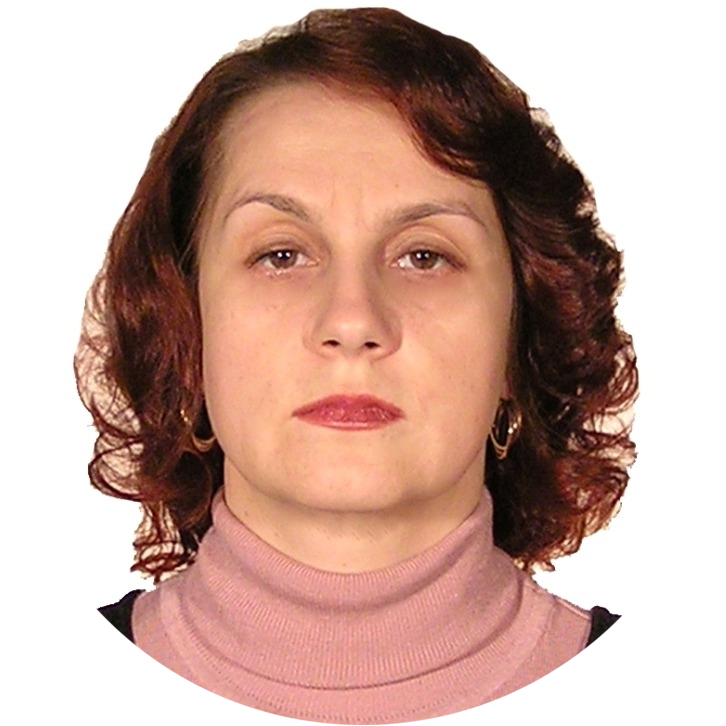
The Department trains undergraduate students in the areas of study “Political Science”, “Sociology” and “International Relations, master students in the areas of study “Sociology” and “International Relations”, PhD students in the areas of study “Sociology of Culture” and “Political Institutions, Processes, Technologies”.
The department conducts scientific research in the following areas: political regionalism, political elitology, theory and history of international relations, US foreign policy thought of the twentieth century, sociology of culture, the needs of modern regional civil society in the field of culture and education, modern civil society through the prism of classical sociological theories.
The department is the initiator and organizer of a number of regular scientific conferences, in which many respected scientists from various universities and academic centers of Russia and a number of foreign countries took an active part. For example, “Chicherin's readings” on problems of international relations and political science seminars became widely known. The department supervises the publication of the magazine “PRO NUNC: Modern Political Processes”. Research projects of the department staff have been repeatedly supported by both foreign and Russian grants (Federal Target Program "Scientific and Scientific-Pedagogical Personnel of Innovative Russia", Russian Humanitarian Science Foundation, Russian Foundation for Basic Research, World Bank Small Grants Program, American Council of Scientific Societies, etc.).
Students do internships at research centers that together with the department engage in scientific research: Center for Sociological Research, Center for US Studies, Center for Public Diplomacy, Center for the Study of Political Transformations.
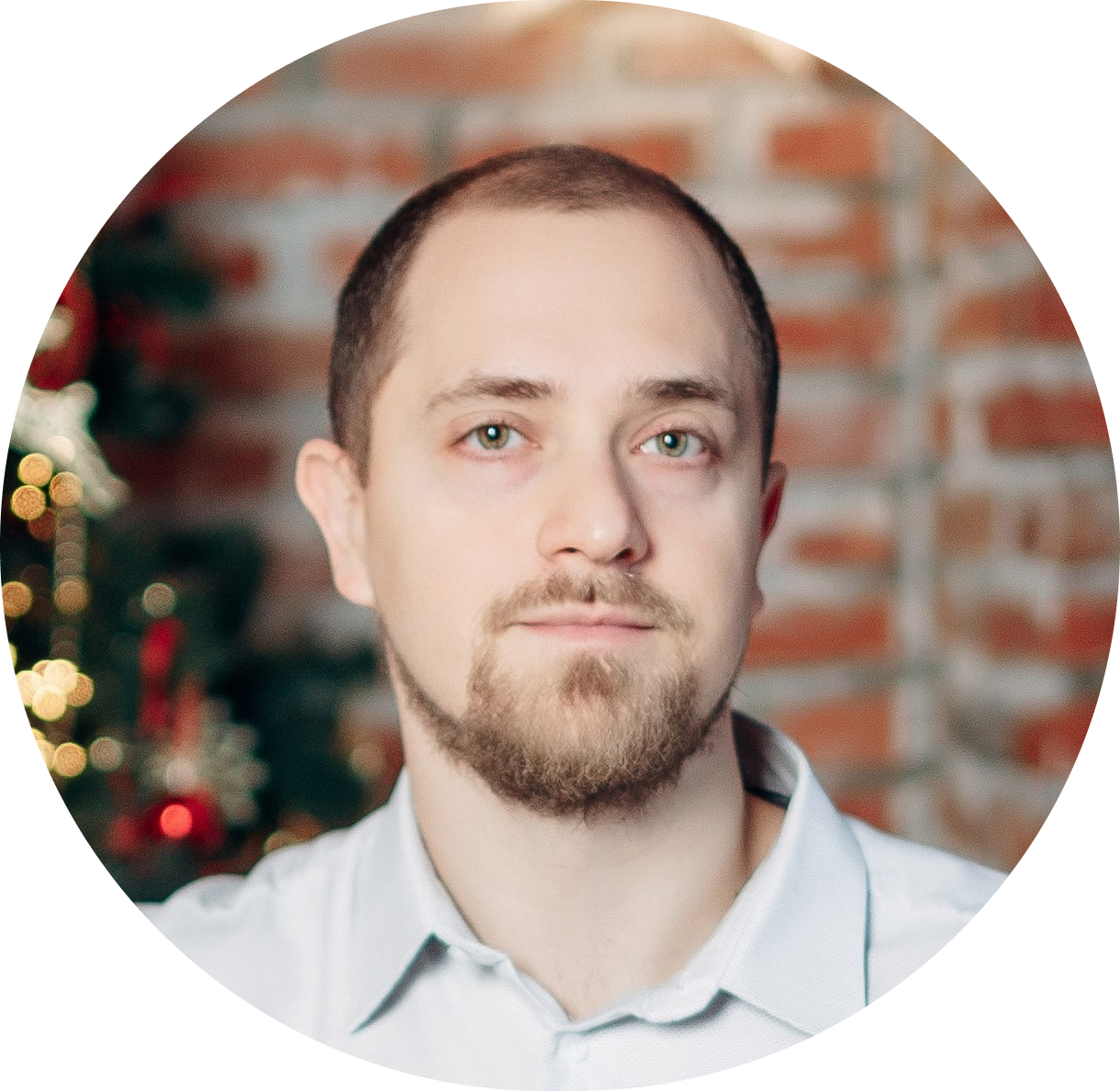
The department trains undergraduate and graduate students in the areas of training “History”, “Pedagogical education (with two training profiles: History and social science), “Museology and protection of cultural heritage monuments”, “Philosophy”, “Theology”. The department implements educational programs for training scientific and pedagogical personnel in PhD programs in the following areas of study – 07.00.02 “Domestic history” (historical sciences) and 07.00.03 – “General history” (new and contemporary history).
Members of the department are organizers and participants of significant scientific and practical events and conferences. Research projects of teachers, undergraduates and graduate students of the department have repeatedly received grant support from foreign and Russian scientific foundations.
The department conducts research on the socio-natural history of the south of Central Russia in the 17th – early 21st centuries, the history of frontier processes in the history of Russia in the 16th – 18th centuries, the social history of the Russian city, the history of Austria-Hungary in the 19th – early 20th centuries and during the First World War, historical-philosophical and ethical-philosophical research. One of the actively developing areas has been the use of information technology in the research work of teachers and students. The practice bases for students are educational institutions of the city and region, museums, archives, etc. As part of the internship, students take part in archaeological excavations in the Tambov region and beyond. The department operates the Laboratory of Social History, the Center for Philosophical Research, a public scientific organization - the Tambov regional branch of the Russian Philosophical Society, the philosophical club "Gnosis", and publishes the magazine of young scientists "Herodotus Science".
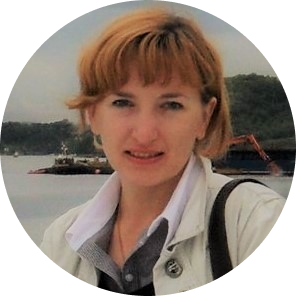
The department prepares bachelors and masters in the areas of study “Library and Information Activities”, “Documentation and Archives Science”.
Over the past 10 years, the Department has significantly expanded its influence as a regional center for advanced training of specialists in library and information activities. Together with the Department of Culture and Archival Affairs of Tambov Region and Tambov Regional Universal Scientific Library named after A.S. Pushkin the Department regularly holds a creative competition "Young in librarianship", refresher courses for practitioners of librarianship and documentation management.
Graduates work in information and analytical departments of local governments, enterprises, chambers of commerce and industry, library and information institutions, management documentation services, archives and personnel departments, etc.
Key Research Areas:
- History of Book and Library Business in Tambov Region.
- Integration of Information-Library-Bibliographic Activities in the Region and Problems of Meeting the Information Needs of Users and the Region as a whole, Formation and Development of the Information Culture of the Individual and Society.
- Sociology of Reading.
Events traditionally organized by the Department:
- Competition “Legal culture of students”.
- All-Russian Scientific and Practical Internet Conference of Students “Current Problems of Information and Documentation Support for Management”.
- Regional competition “Young in Librarianship”.
- Intra-university student conference “Information and documentation support for science and practice”.
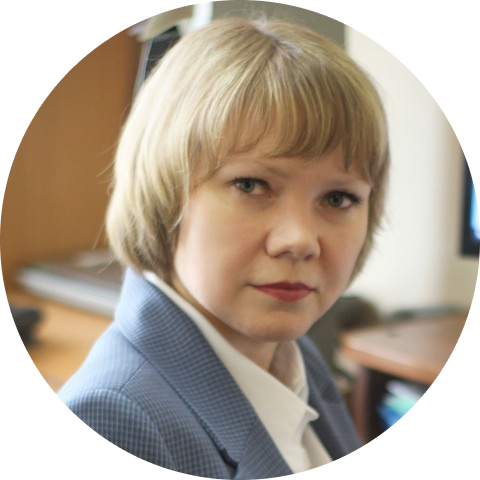
Сenters and Laboratories
The work of the Center is aimed at creating conditions for a qualitative update of the system of training and support of teaching staff through the dissemination of innovative scientific and pedagogical experience, pedagogical technologies for the integration of human, digital and material and technical resources.
Areas of activity:
- Identification, selection and support of pedagogically gifted youth.
- Development of a system of continuous pedagogical education.
- Updating the system of methodological support for teaching activities.
- Improving the quality of research and innovation-educational training of prospective pedagogical specialists and support for young research teachers.
- Support of young teachers in professional activities and career growth.
- Popularization of teaching activities and increasing the prestige of the teaching profession.
The work of the Center is aimed at developing a system of continuous pedagogical education based on the integration of programs at different levels of training of teaching staff.
The Center's research team has more than 700 publications, including more than 20 monographs, 50 textbooks, 100 articles in peer-reviewed scientific journals, more than 300 articles in collections of scientific papers and proceedings of scientific and scientific-practical conferences.
Under the guidance of the Center's staff, more than 25 dissertations for the degree of Doctor and Candidate of Pedagogical Sciences have been completed and defended. Research done by the staff of the Center has been repeatedly supported by the Ministry of Science and Higher Education of the Russian Federation, the Russian Humanitarian Science Foundation, etc.
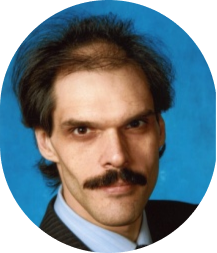
The Center was created to provide psychological services, to provide assistance and support in solving various psychological problems and overcoming difficult life situations, as well as providing educational services.
Key events:
- Annual Psychological School at the Galdym Recreation Center,
- Psychological intensive course at Derzhavin University,
- Psychological support program for gifted children

The work of the Center is aimed at creating favorable conditions for the development of individual abilities of a child of preschool or school age based on achieving the appropriate educational level, taking into account the potential educational capabilities of students.
Key areas of activity:
- Implementation of individually oriented pedagogical, psychological, social assistance to children of preschool and school age.
- Formation of students’ needs for self-development and self-education based on mastering the content of general education programs.
- Involving students in scientific and scientific-production activities, as well as using the results of research in the educational process.
The Center conducts work in the research area “Problems of linguodidactic, literary and methodological training of teachers for teaching language, reading and literature to preschoolers and primary schoolchildren.”

The Center's activities are aimed at conducting scientific and practical research in the field of social education, organizing social assistance to various categories of citizens; creating conditions for the realization of positive social needs, creative self-realization of the individual, providing assistance to individuals and groups in difficult life situations, performing work, providing services in the social sphere.
Areas of activity:
- Satisfying the needs for obtaining social knowledge of various categories of the population.
- Assisting the population in organizing social and pedagogical assistance to various categories of the population of the city of Tambov and the region.
Key events:
- The Gerontological University 55+ program has been implemented since April 2013. Since 2017, it has been renamed the Academy of Silver Age 55+.
- Program “Fundamentals of Computer Literacy” for the elderly.
- Annual round table “A New Look at Older Age - an indicator of the maturity of society.”
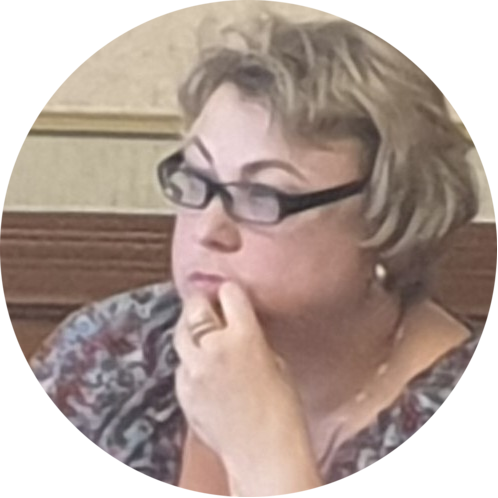
The work of the Center is aimed at popularizing the study of foreign languages.
Areas of activity:
- Expansion of interregional and international information and cultural relations of educational institutions of Tambov region.
- Combining creative and practical potential of secondary and higher education institutions.
- Organization and running of humanitarian, scientific and cultural events within the framework of programs and projects aimed at developing international relations.
- Implementation of additional educational programs.
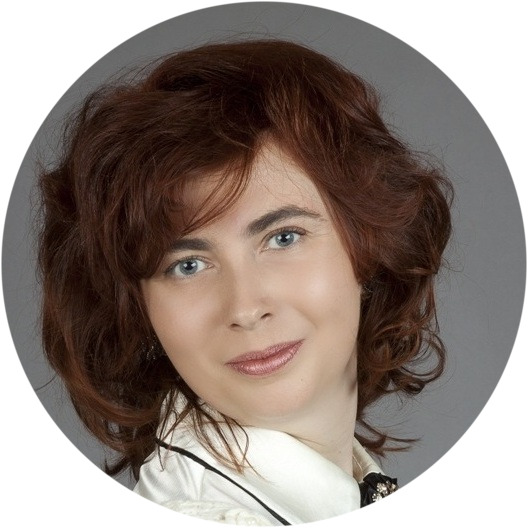
The work of the Center is aimed at popularizing the German language and German culture in the city of Tambov and Tambov region.
Areas of activity:
- Educational and methodological support for teachers of secondary schools in the city and region: drawing up methodological recommendations to prepare for the Unified State Exam.
- Recommendations for intensive methods of teaching a foreign language.
- Familiarizing students with cultural characteristics and traditions of Germany and Austria.
- Improving the quality of teaching German in educational institutions of the region.
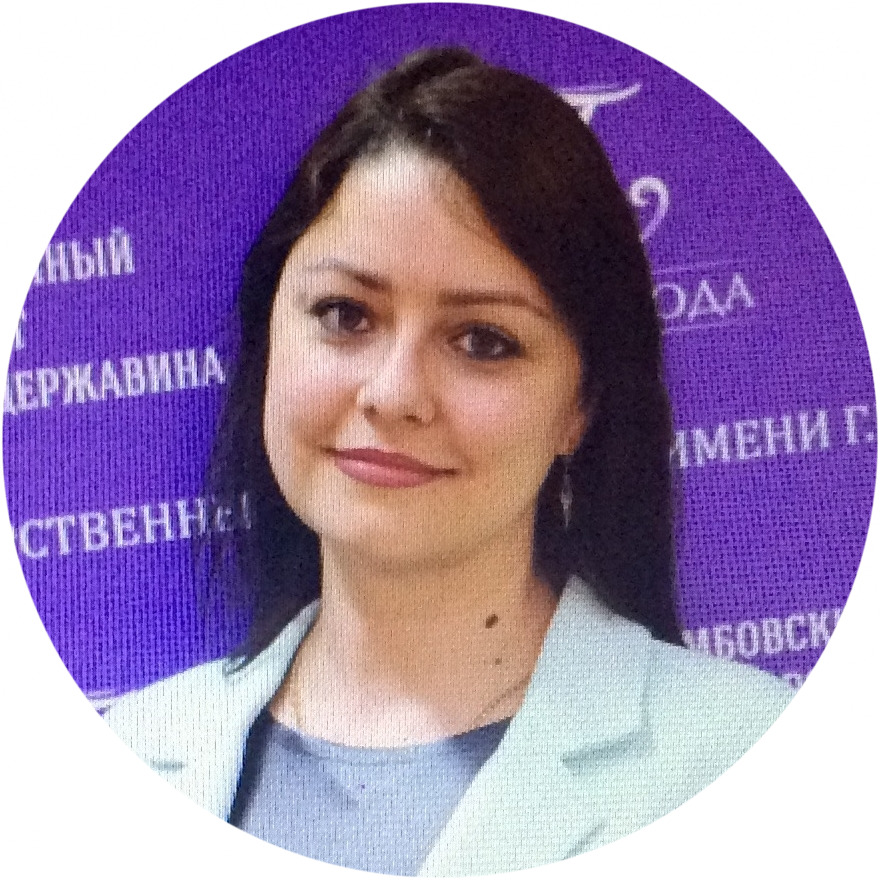
Center’s work is aimed at strengthening partnerships between Russia and Germany in the field of cultural and educational activities; improving the quality of education of university graduates in the field of German language proficiency and translation activities.
Goals and objectives:
- Strengthening partnership relations between Russia and Germany in culture and education.
- Development of interregional and international information relations to coordinate scientific and practical activities.
- Improving the quality of education of university graduates in German language proficiency and translation.
- Insight into social and cultural life in Germany.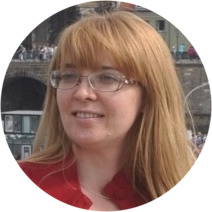
Center’s activity is aimed at popularizing the French language and increasing academic mobility of the University students.
Areas of activity:
- Expansion of interregional and international information and cultural relations of educational institutions of Tambov region.
- Combining creative and practical potential of secondary and higher education institutions.
- Organizing humanitarian, scientific and cultural events within the framework of programs and projects aimed at developing Russian-French relations.
- Promoting the development of international cooperation and partnerships with educational institutions in French-speaking countries.
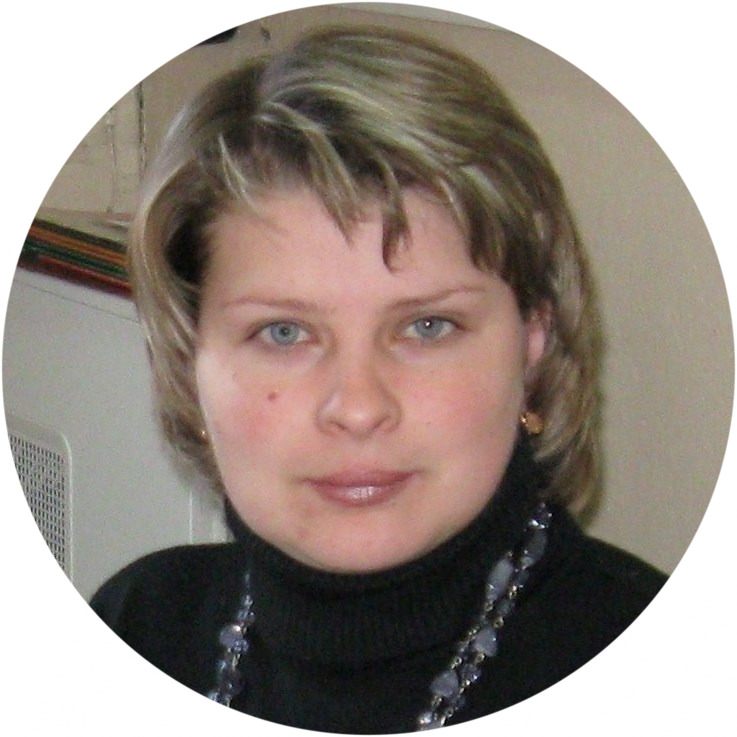
The work of the Center is aimed at providing a unified organizational basis for studying problems in the history of Russian classical literature and folklore, accelerating the solution of problems existing in this area; implementation of innovative initiatives of employees and students of Derzhavin University in line with the problems of the indicated subject areas.
Areas of activity:
- Scientific research.
- Culture and education.
- Upbringing.
- Career guidance.
The work of the Center is aimed at providing a unified organizational basis for studying problems in the history of Russian classical literature and folklore, accelerating the solution of problems existing in this area; implementation of innovative initiatives of employees and students of Derzhavin University in line with the problems of the indicated subject areas.
Areas of activity:
- Scientific research.
- Culture and education.
- Upbringing.
- Career guidance.
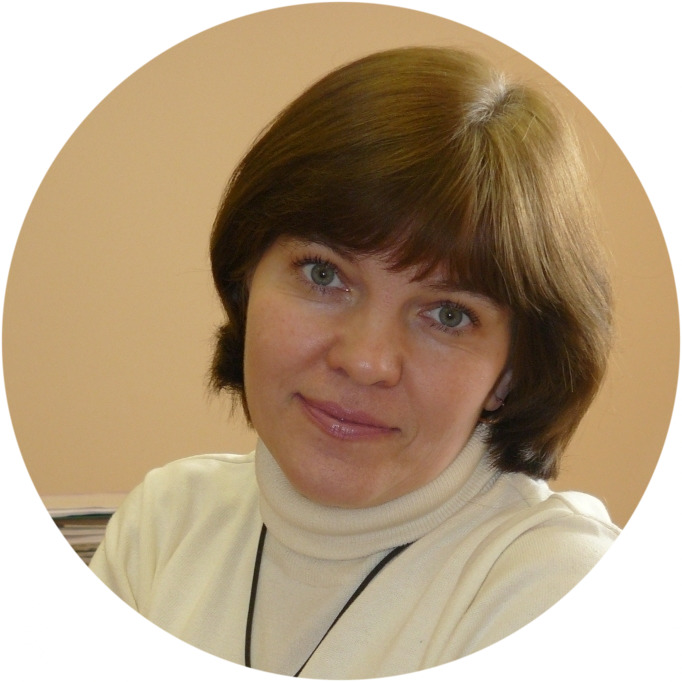
The Laboratory carries out educational, scientific and methodological activities in Journalism, and is engaged in the development of a modern internal information and communication environment of higher education.
Areas of activity:
- Television products on various topics.
- Administration of the intranet broadcast server.
- Formation of information and corporate culture of students.
- Activation of creative and organizational abilities of students, promotion of their professional growth.
- Provision of educational and research activities.
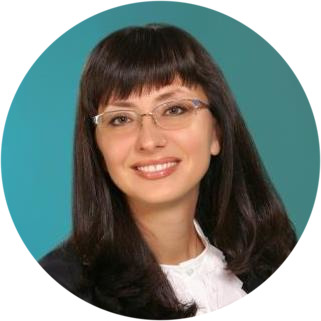
The Center’s activities are aimed at popularizing and supporting the German language and German culture in the city of Tambov and Tambov region; improving the quality of teaching German in educational institutions of the region.
Currently, the Center's collection includes more than 700 volumes of educational and methodological literature in German published by Hueber, Klett, Langenscheidt and others.
Areas of activity:
- Providing information and methodological services to high school students and teachers, university students and professors – everyone who wants to learn German.
- Providing authentic materials to everyone who wants to learn German.
- Replenishment of the Center fund with teaching aids and video materials by receiving educational literature through the German Cultural Center named after Goethe.
- Organization of cultural events and events with a regional focus, promoting the popularization of the German language and culture of Germany.
- Organization of exhibitions of new arrivals of educational literature.

The Center’s activities are aimed at scientific, educational, information and analytical work, strengthening the potential of the Russian language as the state language of the Russian Federation; conducting independent professional linguistic examinations of controversial texts (oral and written).
Areas of activity:
- Awareness-raising related to the language situation in Tambov region and in the country as a whole (lectures, seminars for judges, teachers, journalists, round tables, conferences, radio broadcasts, television programs, newspaper articles, etc.).
- Carrying out expert activities: conducting linguistic research and examination of written texts for their compliance with the norms of the literary Russian language, speech etiquette, and historical linguistic traditions of the Russian people.
- Implementation of publishing activities (preparation of recommendations, programs, manuals, dictionaries for lawyers, journalists, teachers, students and schoolchildren).
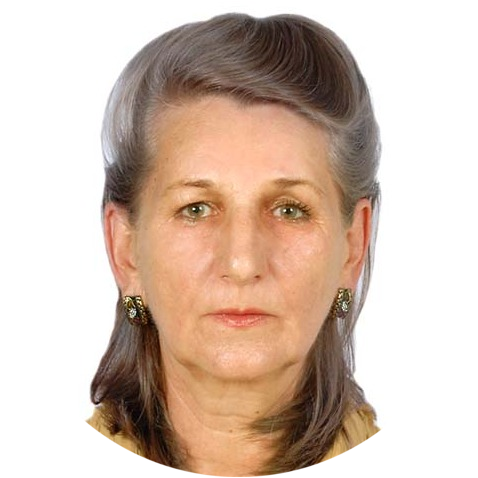
The Center’s activities are aimed at developing new approaches to the study of Dickens’s works and the writings of the Victorian era as an aesthetic and historical integrity; studying the problems of interethnic cultural interactions and their reflection in European and American fiction.
Events:
- International School-seminars for Young Scientists “Literature and Modern Problems of Cultural Communication”.
- Annual Regional Festival of University and High School Students “Christmas is a Holiday for All People!”.
- Annual University Reading Competition, annual book exhibition dedicated to the creative biography of Charles Dickens.
- Annual International Scientific Conference “Slavic World: Spiritual Traditions and Literature”;
- Annual Regional Essay Competition “Through the Pages of Foreign Literature” (for university and high school students).
- “Summer Literary Tea Party”.
- Performances of the student theater “Joyful Soul”.
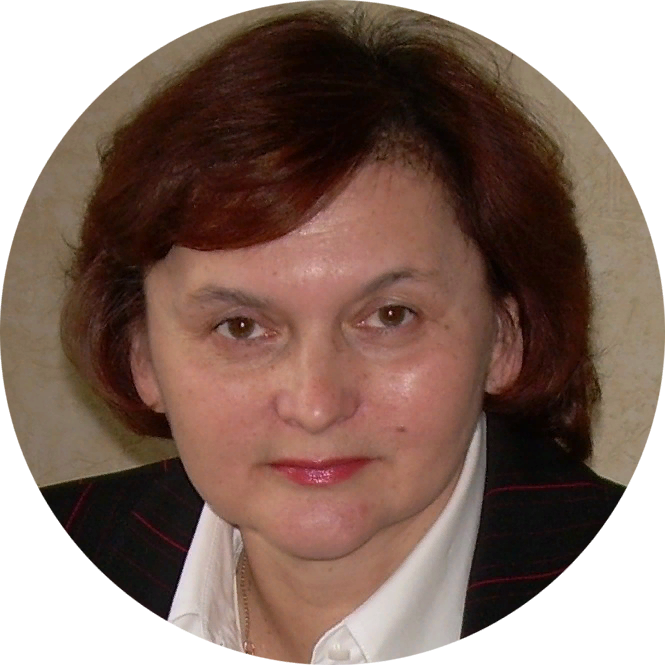
The Center’s activities are aimed at maximizing the use of the potential of Zamyatin’s creativity within the framework of the philological education of students; involvement of new researchers in the study of the writer’s heritage; collection, preservation and dissemination of relevant scientific and other information; active exchange of research results with colleagues, including foreign researchers.
Achievements and events:
For about 20 years, thanks to the efforts of the Center, the International Zamyatin Readings have been held. On the basis of the proceedings of the Readings, a 14-volume publication “The Creative Heritage of Evgeny Zamyatin: A View from Today” has been published. From 1997 to 2003, a three-volume annotated bibliographic index “Zamyatin E.I. Materials for the bibliography" was published. In 2004, the Zamyatin Encyclopedia. Lebedyan context" was issued. For about 10 years, a scientific seminar for young literary scholars has been held at the Center; the materials of the seminar are published in a special collection “Dialogues on Russian Literature.” Periodically, an All-Russian competition of scientific student works with international participation is held, as a result of which the collection “Literature of Russian Émigré Community” is published.
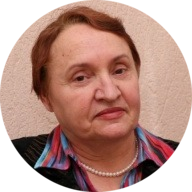
The Laboratory activities are aimed at popularizing S.N. Sergeev-Tsensky’s writings, preparation for publication of unknown materials, defense of dissertations, and holding scientific events of interregional and international format.
Areas of activity:
- Development of unexplored historical and archival materials on the creative work of S.N. Sergeev-Tsensky in the aspect of the problem of secrecy in the case of S.N. Sergeev-Tsensky.
- S.N. Sergeev-Tsensky and the traditions of Russian classics.
- Creative work of other Russian writers.
- Russian literature and Orthodoxy.
- Modern literary process.
- Writers of the 19th century.
- Synthesis of arts (Vysotsky, Tarkovsky Shukshin).
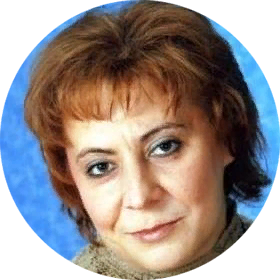
Activities of the laboratory are aimed at studying the social history of Russia in the 17th-20th centuries. The staff of the laboratory is engaged in studying, developing and testing methods of historical research using modern information technologies, developing interdisciplinary approaches in historical research, organizing and conducting educational and practical training for students.
Key areas of research:
- Fundamental historical research.
- Interdisciplinary historical research.
- Modeling of historical processes.
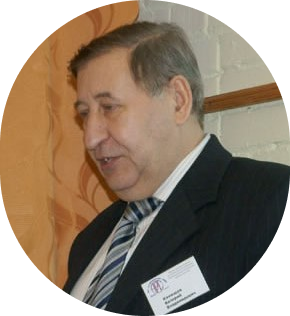
The center consolidates the efforts of modern researchers of philosophical problems seeking to improve their theoretical and methodological apparatus and expand the subject field of research. The center is a base for practical and educational internships for students of philosophical specialties.
Key areas of research:
The main areas of research are related to the philosophical understanding of various social processes and their dynamics, the study of the philosophical heritage of domestic and Western philosophers. The center organizes scientific conferences, publication of textbooks and monographs. An important area of work is the popularization of scientific knowledge through the philosophical discussion club “Gnosis”.
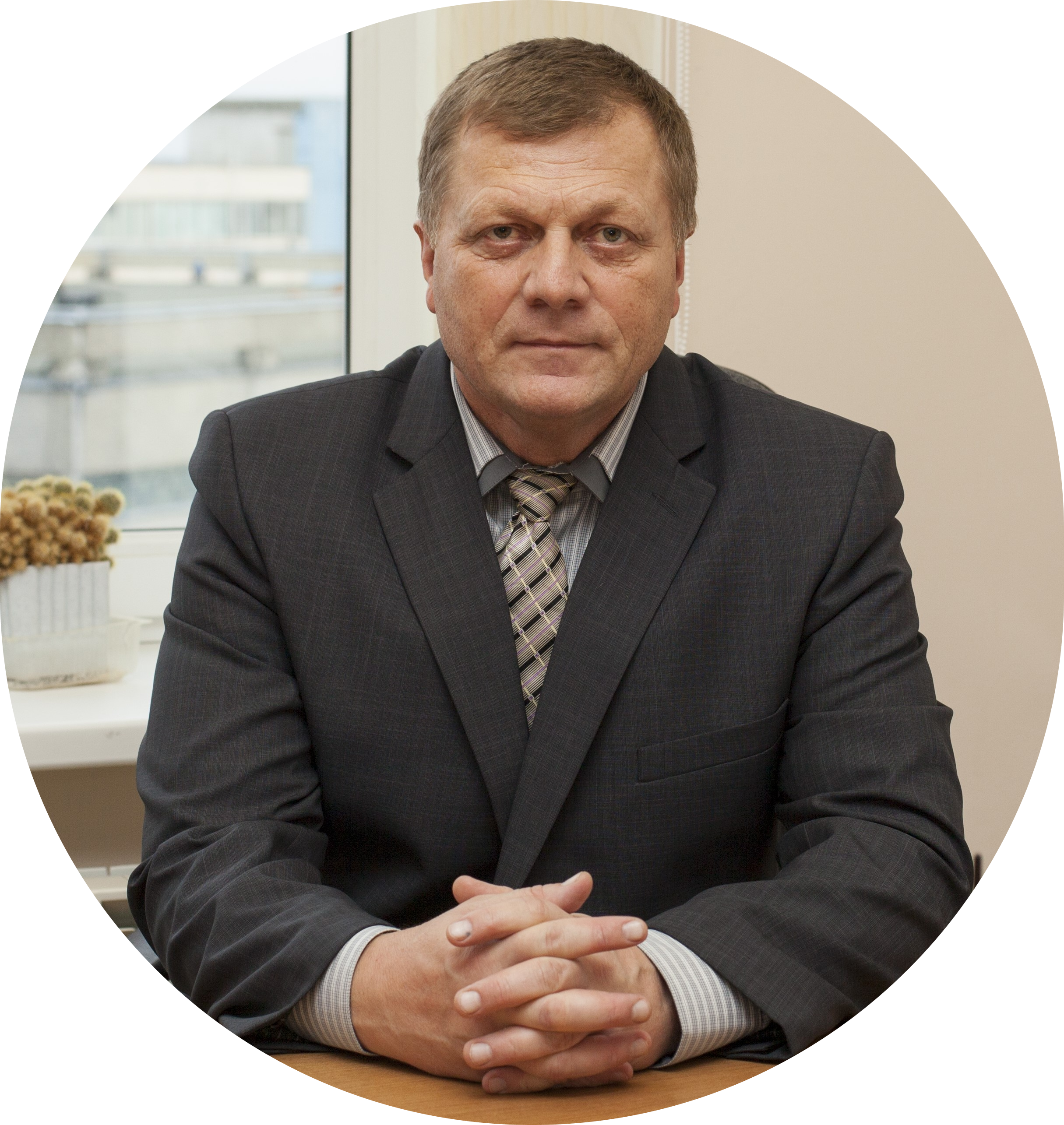
The Center coordinates the research activities of university teachers and students on American studies.
Key areas of research:
- USA foreign policy thought: history and modernity.
- Human in history: sociocultural aspects of individual and public life in the United States of America.
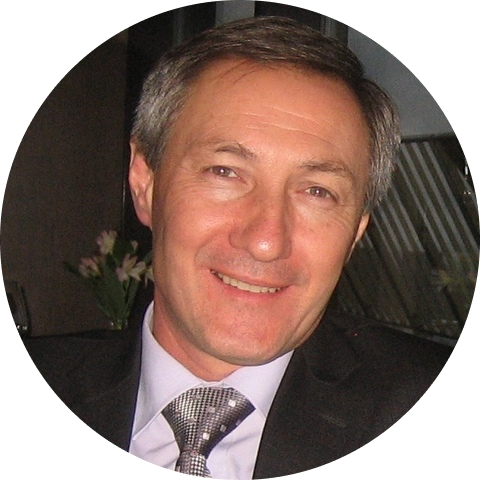
The center is engaged in organizational and information support of research programs on the application of fractal geometry developments in the social and humanitarian fields of knowledge. The center is designed to consolidate the efforts of specialists in the field of history, sociology and political science.
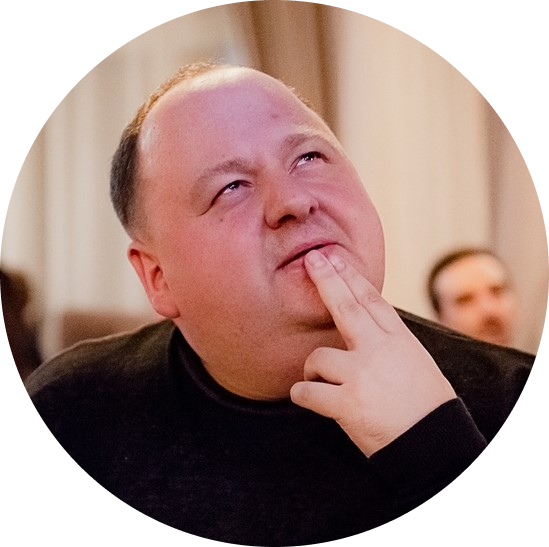
The center conducts public opinion polls during election campaigns for government bodies at the federal and regional levels; marketing research; research on university education: rating indicators of the quality of university education, value orientations and social differentiation of teachers and students of Derzhavin University.
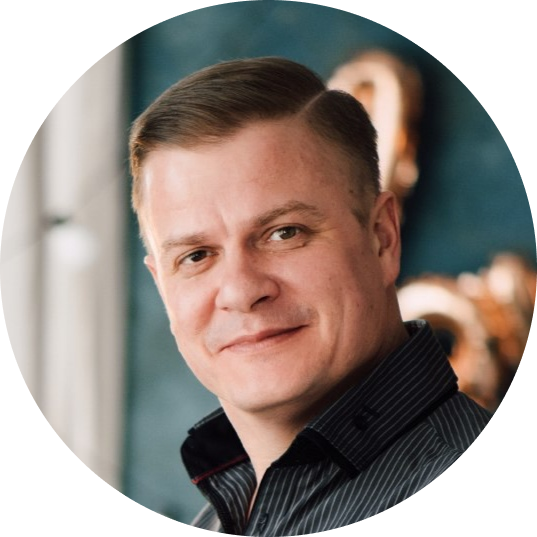
The center is studying institutional transformations, modeling of socio-political processes, comparative political science research, applied research.
Key areas of research:
- Study of institutional transformations.
- Modeling of socio-political processes.
- Comparative political science research, applied research.
